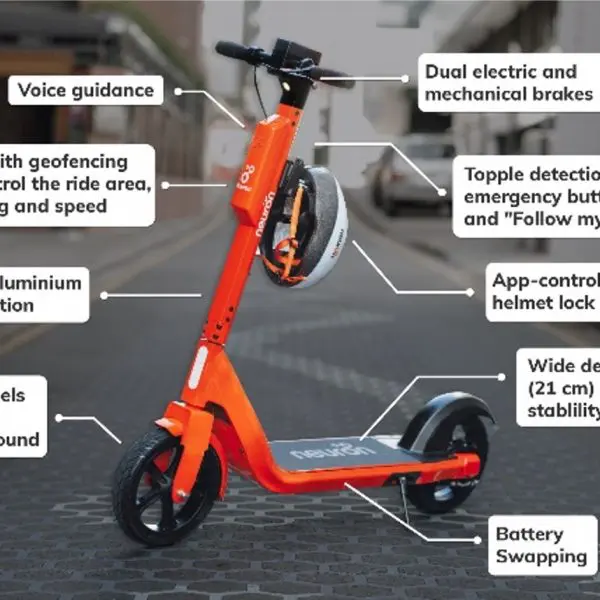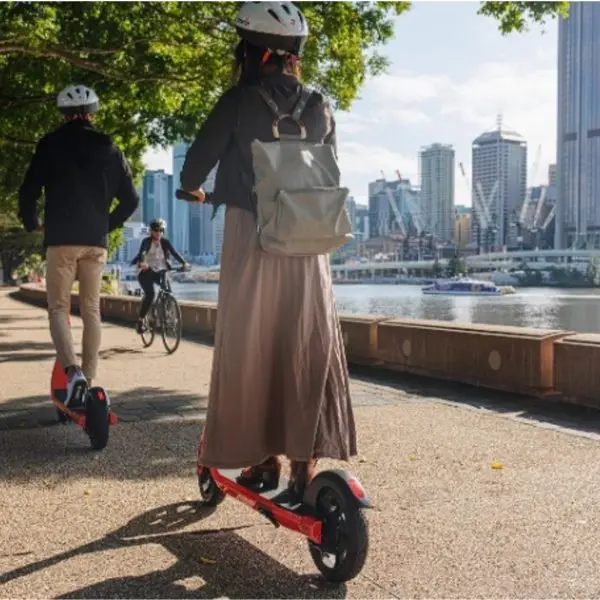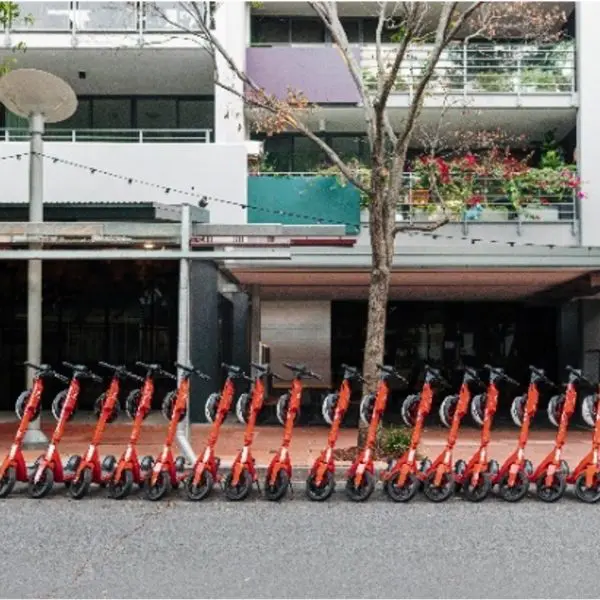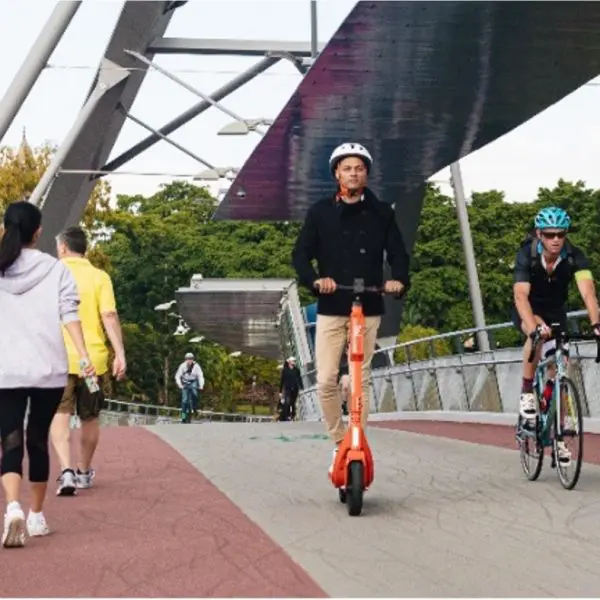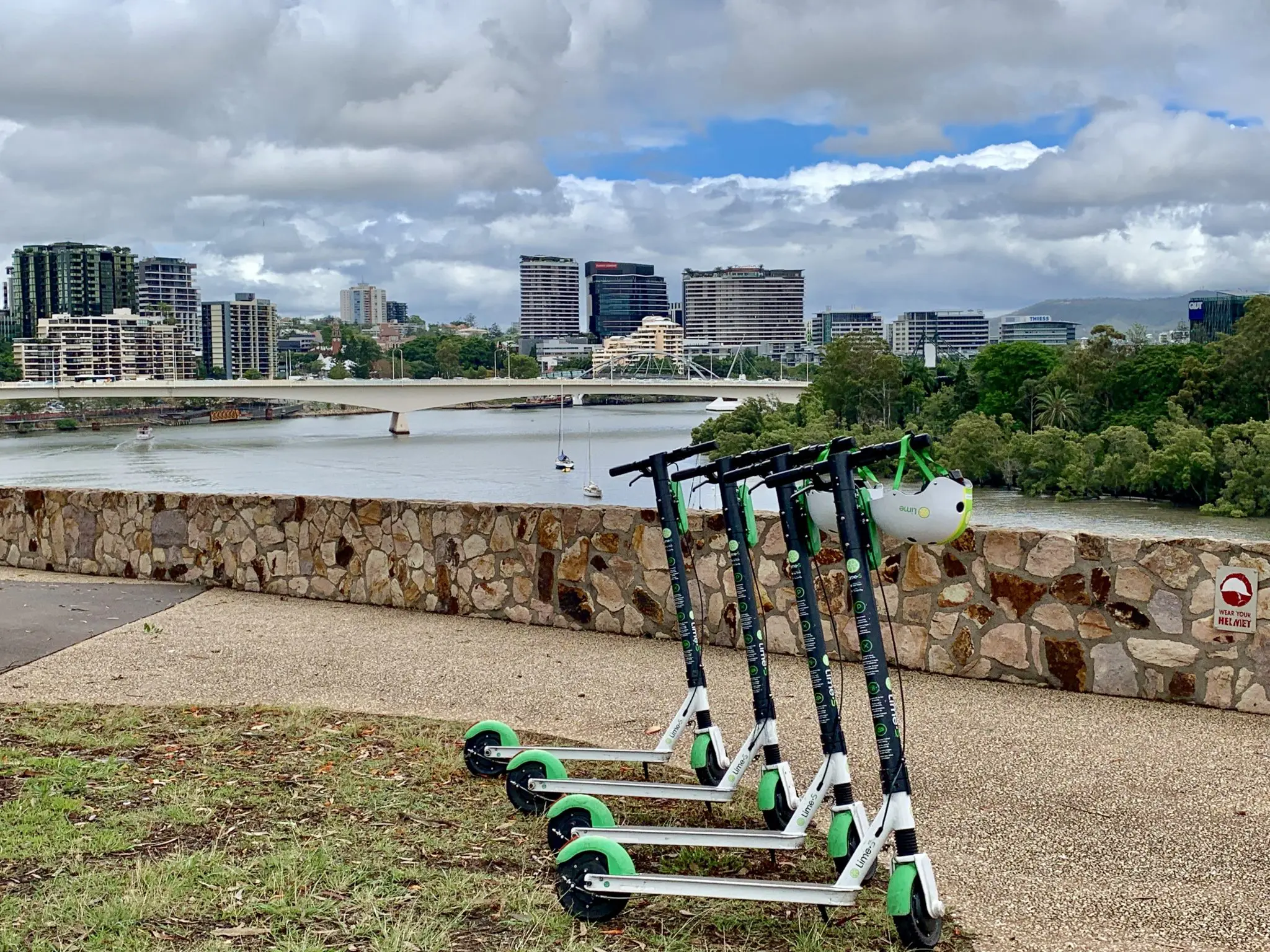
Shared e-scooter impacts and opportunities research
End client
Neuron Mobility (Australia) P/L
Location
VLC was engaged by Neuron Mobility (Australia) to analyse a survey on COVID impacts on e-scooters and develop recommendations for how cities can maximise mobility benefits from shared e-scooter services.
Client requirements
VLC was engaged by Neuron Mobility (Australia) to write a report on the impacts and potential of shared e-scooter services. This included working with The University of Queensland to analyse Neuron user responses to a survey on COVID-19 and an international literature review of experiences with e-scooters. The report distilled the literature and survey results into recommendations for cities and e-scooter share service providers to improve urban mobility in Australia
Delivered outcome
The report, titled “The rise of shared e-scooters in a post-pandemic world”, reviewed the micromobility landscape in Australia. It analysed the features and benefits of Neuron’s service in Brisbane and how this related to other cities in Australia. It reviewed a number of research sources from Europe and the USA to highlight overseas developments and implications, including how e-scooter share services were operating differently to bike share services and how new technology and business processes were improving how the services could be managed by city administrations. In partnership with The University of Queensland, the report reviewed a survey of Neuron users conducted to assess responses to COVID-19. The report concluded with recommendations for cities and service providers to improve urban mobility using shared e-scooter services. Neuron have used the report to assist city administrations which are considering implementing e-scooter trials.
